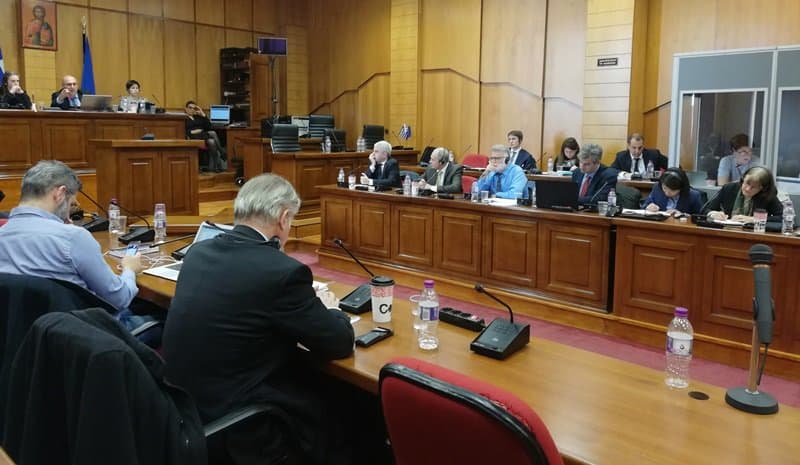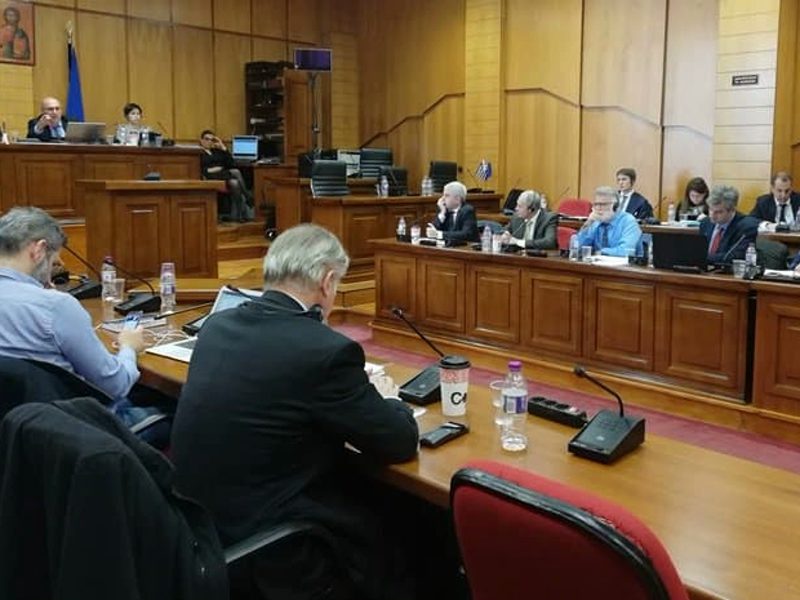
The Greek city of Kozani in Western Macedonia, has been selected under a pilot programme of the EU and World Bank, in an attempt to transition its energy sector out of fossil fuel dependency.
The region of western Macedonia, one of three pilot regions in the EU programme “Coal Regions in Transition” was visited by a large delegation of World Bank-European Commission experts who will assist Kozani’s economy move away from fossil fuels.
The EU is working on three regions – including Poland’s Silesia and Slovakia’s Trencin – to ensure they are not left behind as coal usage declines, and to help them develop projects towards a viable economic and technological transformation.
Western Macedonia was chosen following its application to the EU’s Structural Reform Support Programme (SRSP), which provides technical help in tailor-made support to member countries for reforms.
Delegation members said that a regional plan including business, environmental, training and human resources initiatives should be submitted to the SRSS service by August 2020, focusing on decreasing the dependence on lignite mining in the western Macedonia lignite basin.
Kozani Mayor Lefteris Ioannidis, representing towns that have already been affected by the downturn in lignite mining and production, lauded the efforts and said major concerns of the area included rising unemployment of miners and restoration of the mines. He also expressed his concern about the absence of representatives from ministries at the working meeting.
Regional Director Theodoros Karypidis said that the project “was a great responsibility” and told the visiting delegation that Greece was the only country to have deposited 60 million euros in funding from its state budget to the EU’s “Just Transition Fund”. He also called on everyone to collaborate towards policies of just and equal collaboration that will act as a bulwark against the trend of euroscepticism.
The World Bank and European Commission officials will meet over the next few days with local agencies, including trade chambers, workers’ representatives, social organisations and representatives of residents whose villages lie near the Public Power Corporation’s activities.

